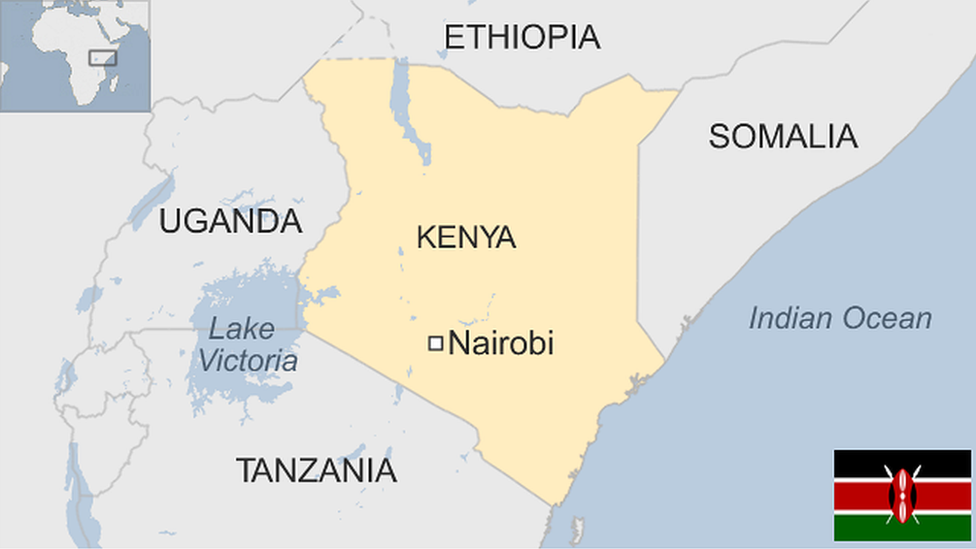Gay rights in Kenya: 'Why our fight isn't over'
- Published
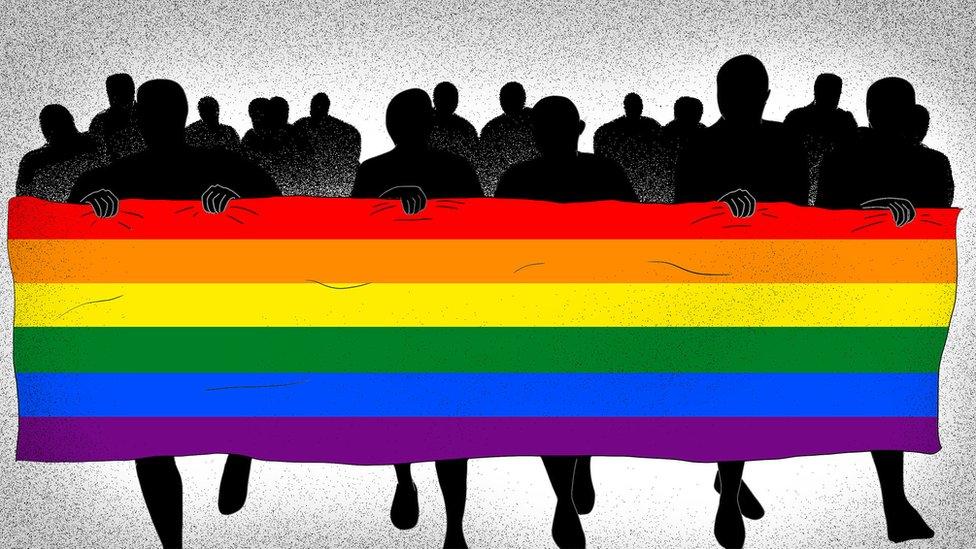
Kenya's High Court has ruled against campaigners seeking to overturn a law banning gay sex. But there is much to be proud of in the fight for equality despite this setback, writes Kevin Mwachiro.
Thirteen years ago, I would never have thought that Kenya could get to this point - that our LGBTQ community would go to court and fight for our rights. We have come a long way.
This generation is a much braver group of individuals trying to ensure other Kenyans learn to love, live and accept themselves for who they are. Our community is also trying to help other Kenyans understand our lives.
Thirteen years ago, I told myself that I would not live a life that panders to societal approval. I was not going to put myself in a sham, straight relationship or marriage so as to keep my relatives happy.
I wanted to be happy for myself, the way I am.


What has it been like to be gay in Kenya?
Some of my friends say that I'm brave to be publicly out. It took me a long time to understand what they meant, because I was just being myself, there was no bravery. I am lucky that I live in a part of town where people really don't bother you about your life.
'Stares and whispers'
I've worked with organisations that respect sexual orientation. I have not experienced any form of violence or overt discrimination.
I have not been denied access to a home, work or services because of my orientation. Maybe a few stares and whispers here and there, but that's as far it has gone. I am lucky.
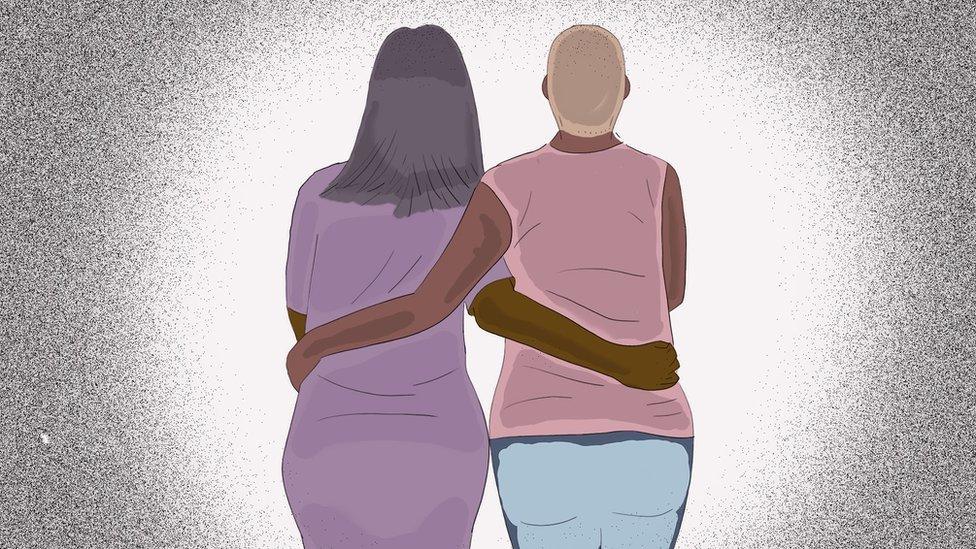
The law banning gay sex is specific to men but activists say that lesbian, bi, trans and non-binary voices are vital in this conversation
But there many individuals from the community who have experienced physical and verbal violence and various forms of discrimination.
I recognise that there is the potential for violence. That threat is real to me too. But as members of the community, we've learnt to create or manoeuvre into and around spaces that let us be ourselves.
Here our love is proud yet guarded. Almost free, but cautious.
I was a teenager when I started grappling with my own same-sex feelings and I thought I was alone. There was no one I could turn to in order to help me understand what I felt. It was a lonely place.
Today, there are communities of gay, lesbian, trans men and women, and non-binary individuals across the country who support, encourage and love one another.
It was in 2016 that campaigners filed a case in Kenya's High Court calling for the decriminalisation of gay sex. Back then, it felt like a dream when I sat inside the court listening to both sides argue Petition 150 and Petition 234, now popularly known as Repeal 162. The movement was challenging a law that had long passed its time.
'The gay genie is out the bottle'
The Kenyan gay genie was out of the bottle and out of the closet.
On Friday, just as in February earlier this year when we learnt the ruling would be delayed, we packed the courtrooms. We jostled with journalists for space, hugged one another, and shared smiles of encouragement.
We had done this. We wanted a ruling. We wanted to win so badly, and we had a great constitution to back us. But we also knew that we could lose.
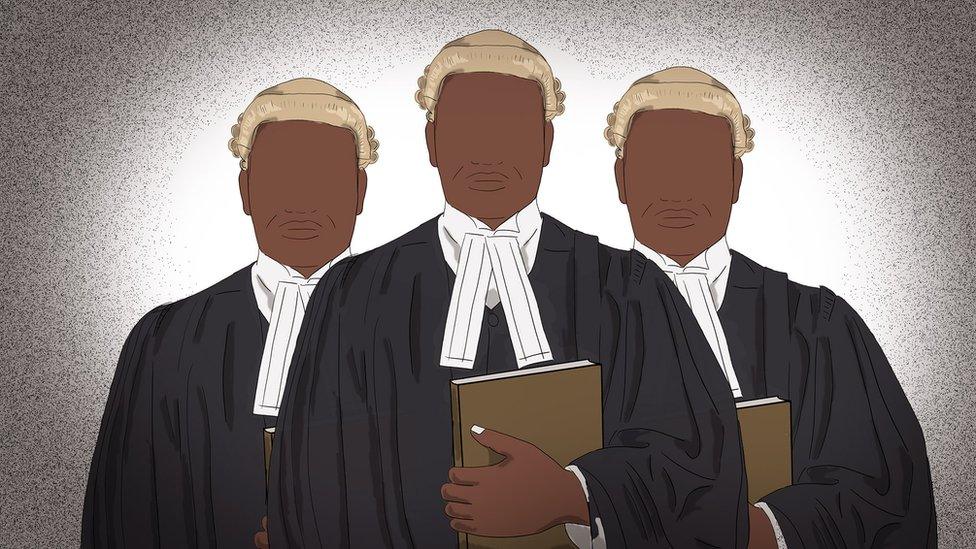
Judges ruled in May that the colonial-era law criminalising gay sex is not unconstitutional
Seated in a stairwell, other friends and I listened to the ruling being read out. Thank God for technology!
Then the blow came, as the arguments were dismissed. The pain of the loss stung. I didn't think it could hurt that bad, but it did.
People started streaming out of the court room, glassy-eyed with rainbow flags draped over their drooping shoulders. It was time to lick our wounds.
But there was still fight within us. Maybe not today, but the fact we took on a system that is slow and scared to change is a victory in itself.
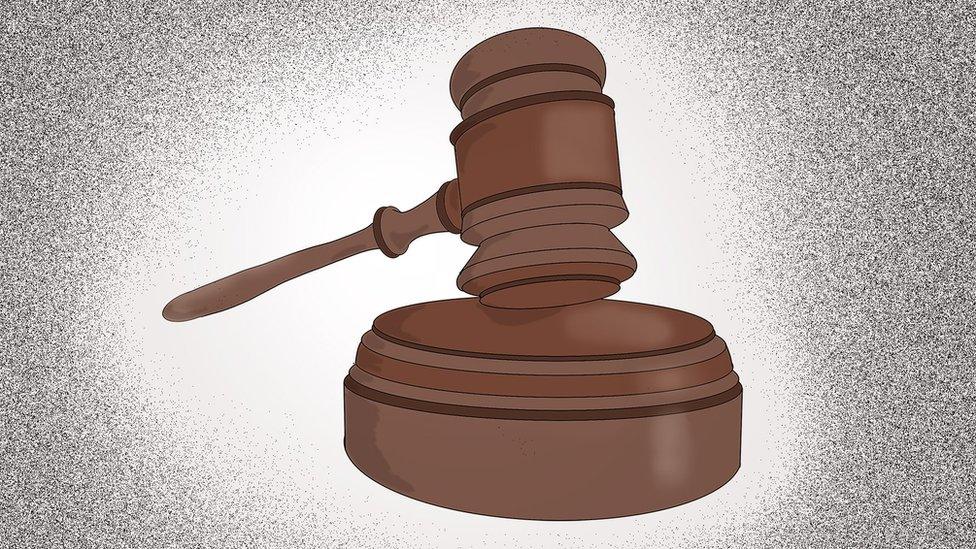
LGBTQ campaigners now say they will appeal
Thirteen years ago, I never would have thought I'd be in the corridors of justice advocating for LGBTQ rights. Not many within the movement would. But we have been.
There will still be plenty of social and religious stigma to face, and there will still be the potential for violence. There will still be various forms of discrimination against LGBTQ individuals. But there will also be a movement championing the rights of our community, and demanding a more inclusive Kenya.
I know the sting will lessen over the next few days. I feel a lot of pride towards fellow activists who showed up and stood up for themselves and our community.
To my 16-year-old self who thought he was all alone in his feelings: I want to tell him that the battle for self and for same love, external, is far from over.
Just look at how far we've come in 13 years.
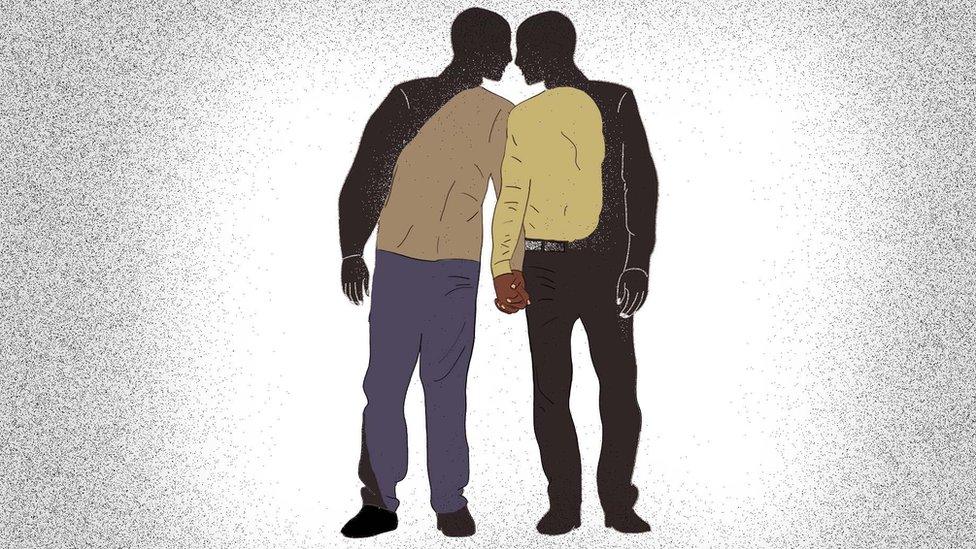
- Published10 February 2014
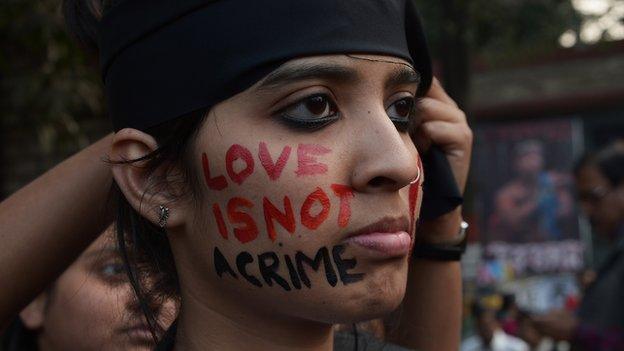
- Published16 June 2016
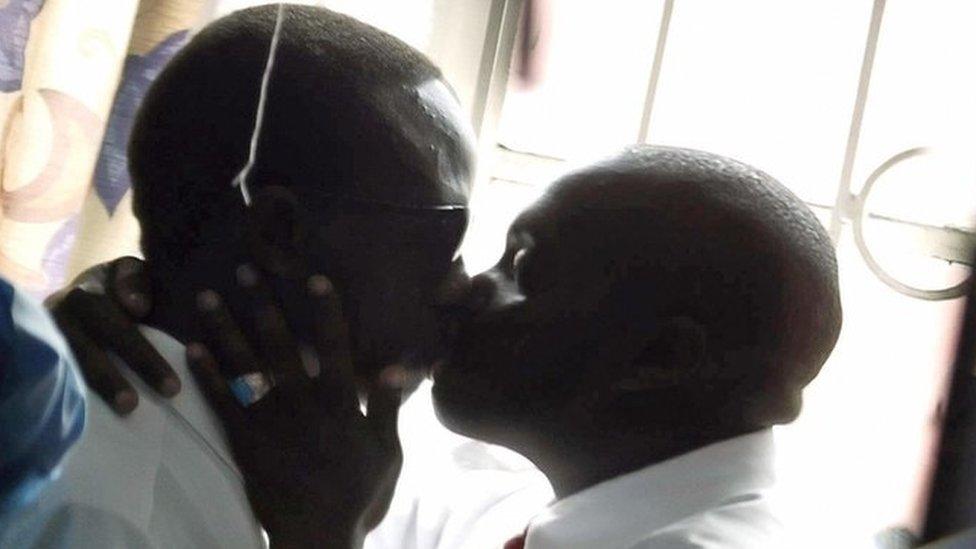
- Published10 November 2015
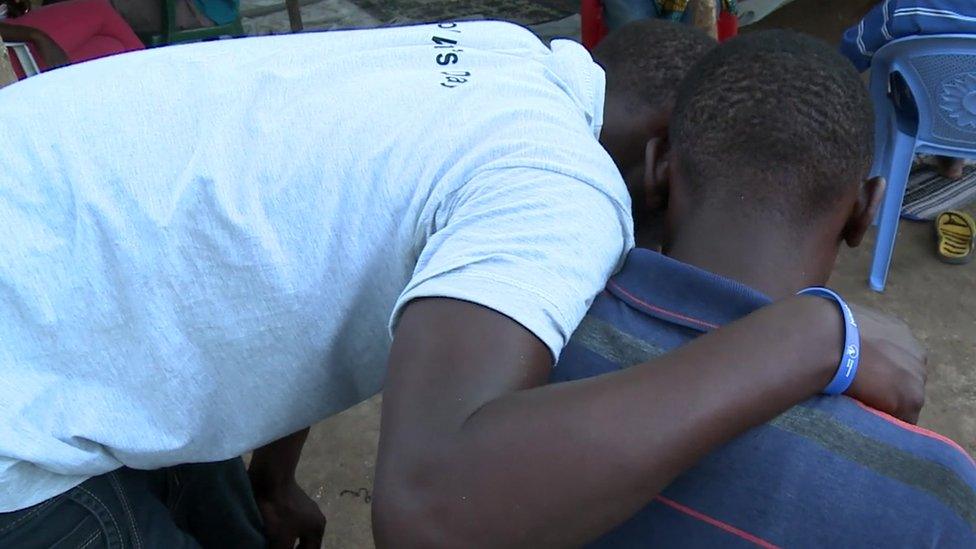
- Published4 July 2023
